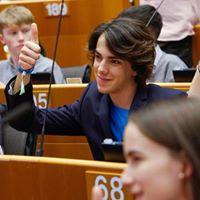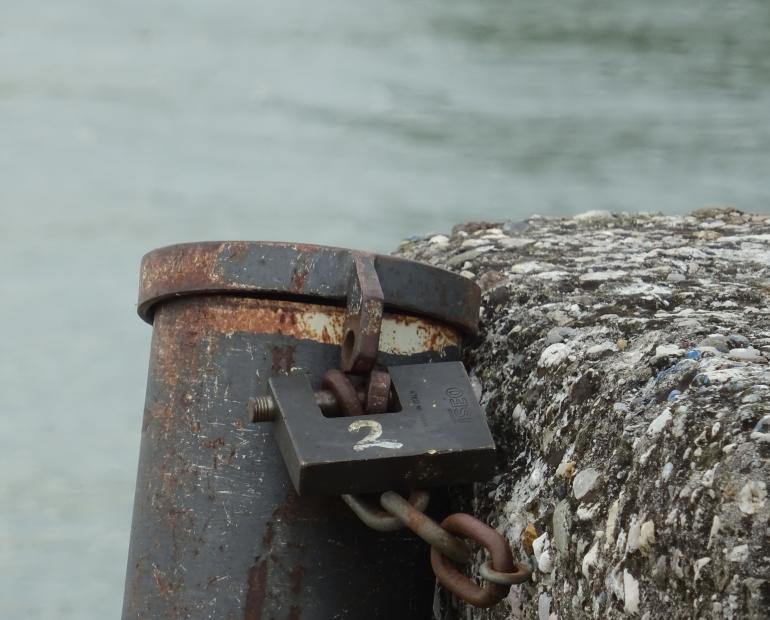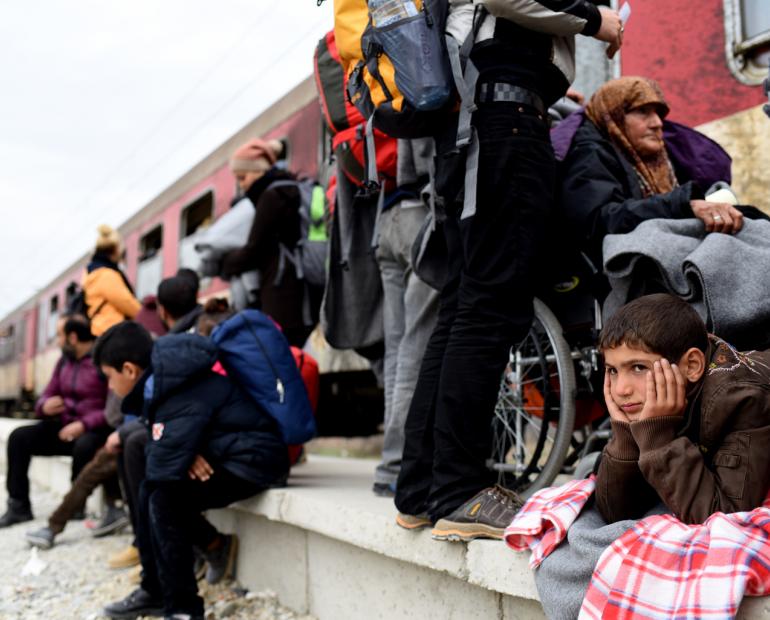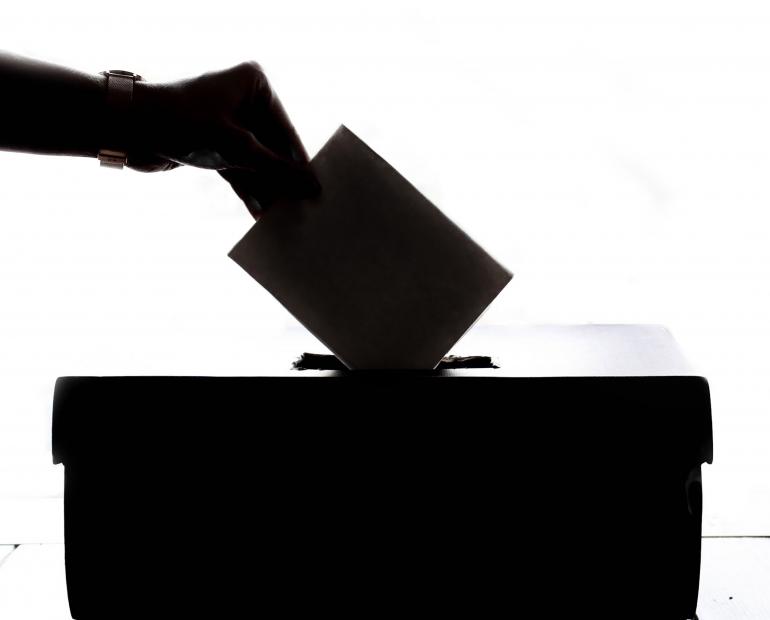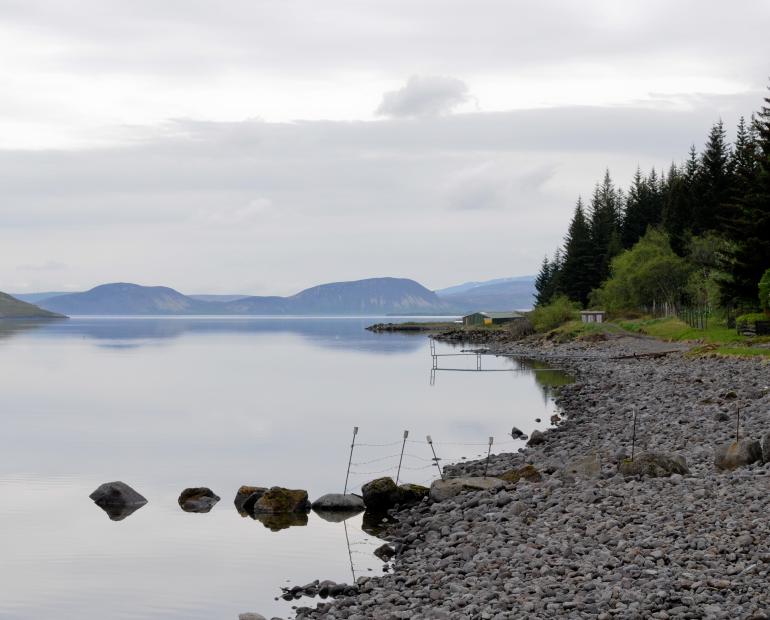
Some months ago I went to Assisi, a beautiful town in the middle of Italy. UNICEF Italy alongside with small community-level organizations, organised a three-day event which gathered young UNICEF volunteers and young migrants and refugees.
I have always been interested in the promotion of children rights, and I thought I was quite aware of what refugee children passed through or what being a young migrant means. I was not.
I realized it by talking with Mohamed, a nice guy who some years ago left his home country, Libya. What Mohammed told me about his travel to Europe is something we would never like to hear.
“We saw so many horrible things that we were not afraid anymore by death”.
These words hit me so much that I’ll hardly ever forget them.
Now Mohamed lives in Palermo, Sicily, and there he cooperates with an NGO which helps foreign children doing their homework.
In 2018 3,536 unaccompanied minors landed in Italy. Many of them, like Mohamed, had to live experiences that no human beings, especially children, should ever live. Violence and abuses are ordinary for migrant children. But all of this can’t be ordinary. The story of Mohamed is just one of the many. It is not special or unique. It’s the story of all the children who leave their homes, friends, families and cultures, hoping to gain a better future.
Over the last decades, the European Union has always been the main defender of human rights: the EU itself is one of the greatest projects of peace, ensuring European people over 70 years of no conflict. The European Union, in fact, is well more than a mere economic union: it is about values such as cohesion, mutual help and the power of diversity.
Migration is one of the most significant phenomena in Europe at the moment, and the role of the EU has been notable: as a matter of fact, the EU has worked hard trying to guarantee safe migrations. The feeling of welcome is something inherent in the European spirit. This is why anytime a child is hurt on his way to Europe, we all fail.
Once they land in Europe, it’s up to us, the European people, to be the first promoters of a process of social and cultural inclusion. Volunteering for UNICEF made me experience what does integration really mean. It’s important, by our side, to make our peers feel safe and welcome, and UNICEF constantly works to empower this procedure.
Recently, I had the honour to be awarded by the President of the Italian Republic Sergio Mattarella of the civil merit of “Alfiere della Repubblica”, a decoration which every year the President concedes to 30 young Italians who distinguished themselves as “community builders”. I’m deeply grateful for this prize, but, as I have always told, the prize is not about me, it’s about all the young refugees who thanks to UNICEF can now hope in a better future.
It’s about Mohamed, and about anyone who went through brutal experiences.
It’s about everyone who never forgets what cohesion, diversity and tolerance mean.

My name is Jacopo, I live in Italy and I love sailing. I have been volunteering for UNICEF since 2016, and by doing that I had the chance to take part in many projects with young refugees. Locally some other young UNICEF volunteers and I use to attend specific centres in which we can do homework, play sports and do activities with refugees peers.


